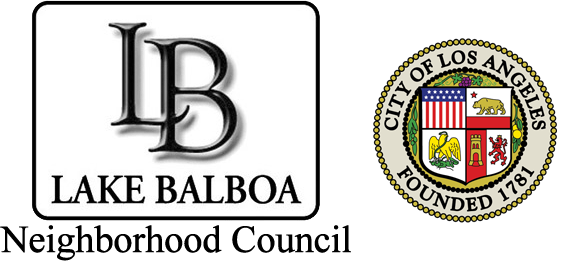The Los Angeles City Council declared Friday, May 13, 2016, as Ritchie Valens Day on the 75th anniversary of the late Pacoima-born rocker’s birth.
The Los Angeles City Council proclaimed Friday as Ritchie Valens Day to mark the 75th anniversary of the birth of the late rock ‘n’ roll pioneer responsible for such hits as “La Bamba” and “Donna” in a recording career cut short after eight months.
The resolution also calls for May 13th to annually be the official day of remembrance for Valens and “Let’s Go Rock and Roll Day” dedicated “to aspiring Angelenos and musical enthusiasts around the world to follow their dreams,” according to the resolution by Councilman Felipe Fuentes.
Born Richard Steven Valenzuela in Pacoima on May 13, 1941, Valens was raised hearing traditional Mexican mariachi music, as well as flamenco guitar, rhythm and blues and jump blues. He expressed an interest in making music of his own when he was 5 years old.
Valens’ father Joseph Valenzuela encouraged him to take up guitar and trumpet. Valens later taught himself the drums.
One day, a neighbor came across Valens trying to play a guitar that had only two strings. He re-strung the instrument, and taught Valens the fingerings of some chords. While Valens was left-handed, he was so eager to learn the guitar that he mastered the traditionally right-handed version of the instrument.
Valens joined a local dance band, the Silhouettes when he was 16 years old. In May 1958, he auditioned for Del-Fi label owner Bob Keane, who spotted his raw talent. After Valens’ first single, “Come On, Let’s Go” became a minor hit and he accepted Keane’s advice to shorten his last name to make it more radio friendly.
Valens’ second single consisted of the classic teen love ballad “Donna,” which rose to second on the Billboard charts, and the song he would be most known for, “La Bamba,” which fused elements of a traditional Mexican folk tune with rock ‘n’ roll and became the title of a 1987 biographical film.
Valens was touring the Midwest on Feb. 3, 1959 when the plane he was in crashed in an Iowa cornfield, killing him, along with Buddy Holly and J.P. Richardson, known as “The Big Bopper,” in what would become known as “The Day the Music Died.”
